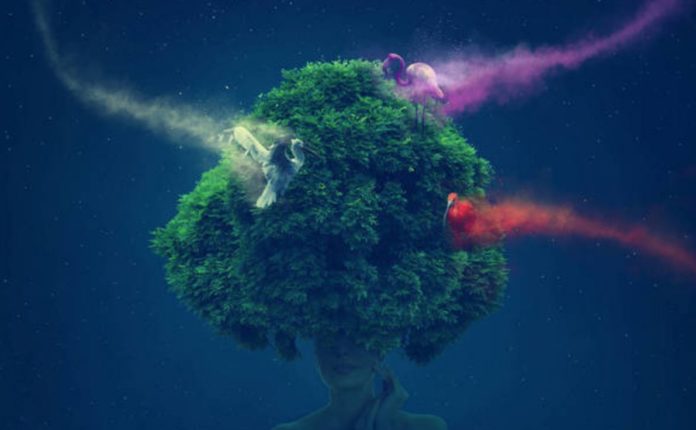A group of researchers has decided to analyze some primitive life forms that live in water, known as Hydra vulgaris, to find out the answer
The question is classic: which came first: the chicken or the egg? In this case, it is a little more difficult: what was before, sleep or the brain?
Sounds weird, right? But it has a logical explanation: one might think that organisms that do not have a brain cannot sleep because one of the most important functions of rest is precisely to clean the brain. Thanks to it, on the other hand, we can dream and we have those strange, beautiful and sometimes terrifying fantasies that haunt us at night.
So could we conclude that organisms without brains would have no need to rest? The same question has been asked by a group of scientists from the University of Kyushu in Japan, who have decided to analyze some primitive life forms that live in water, known as Hydra vulgaris, to find out the answer.
Surprisingly, these tiny creatures can enter a sleep-like state despite not having a brain, and that could teach us a lot about how animals developed the need and ability to sleep.
“Based on our findings and previous reports regarding jellyfish, we can say that sleep evolution is independent of brain evolution,” explains biologist Taichi Itoh to ‘Science Alert‘. Previous research on jellyfish seems to indicate that not only do they have sleep-like behavior in humans, but they also appear to follow circadian rhythms. Of course, they are more complex specimens than Hydra vulgaris.
- Scientists in Fear of This New Predator From Red Sea Eating Native Species in Mediterranean
- Does This Mean We Stopped Being Animal and Started Being Human Due to ‘Copy Paste’ Errors?
- The One Lifestyle Choice That Could Reduce Your Heart Disease Risk By More Than 22%
- Aging: This Is What Happens Inside Your Body Right After Exercise
- Immune-Boosting Drink that Mimics Fasting to Reduce Fat – Scientists ‘Were Surprised’ By New Findings
The researchers observed that hydras vulgaris went into sleep cycles every four hours on average. They were exposed to melatonin (which causes sleep in many animals, including humans), which led them to ‘sleep’ longer. However, exposure to dopamine, which usually wakes us up, increased its sleep. These reactions give scientists more clues about how sleep may have evolved in the animal kingdom, both before and after living organisms developed a brain: “While some sleep mechanisms appear to have been conserved, others may have changed function during the evolution of the brain”, explain sources of the investigation.
Likewise, additional experiments with vibrations and temperature changes disturbed the hydras’ sleep (as expected), so they ‘slept’ more the next day. “Our brains have changed more than we think,” explains Itoh.
“Many questions remain about how sleep arose in animals, but hydras are good creatures to further investigate the detailed mechanisms that produce sleep in brainless animals. It may help answer these questions in the future,” he concludes.
